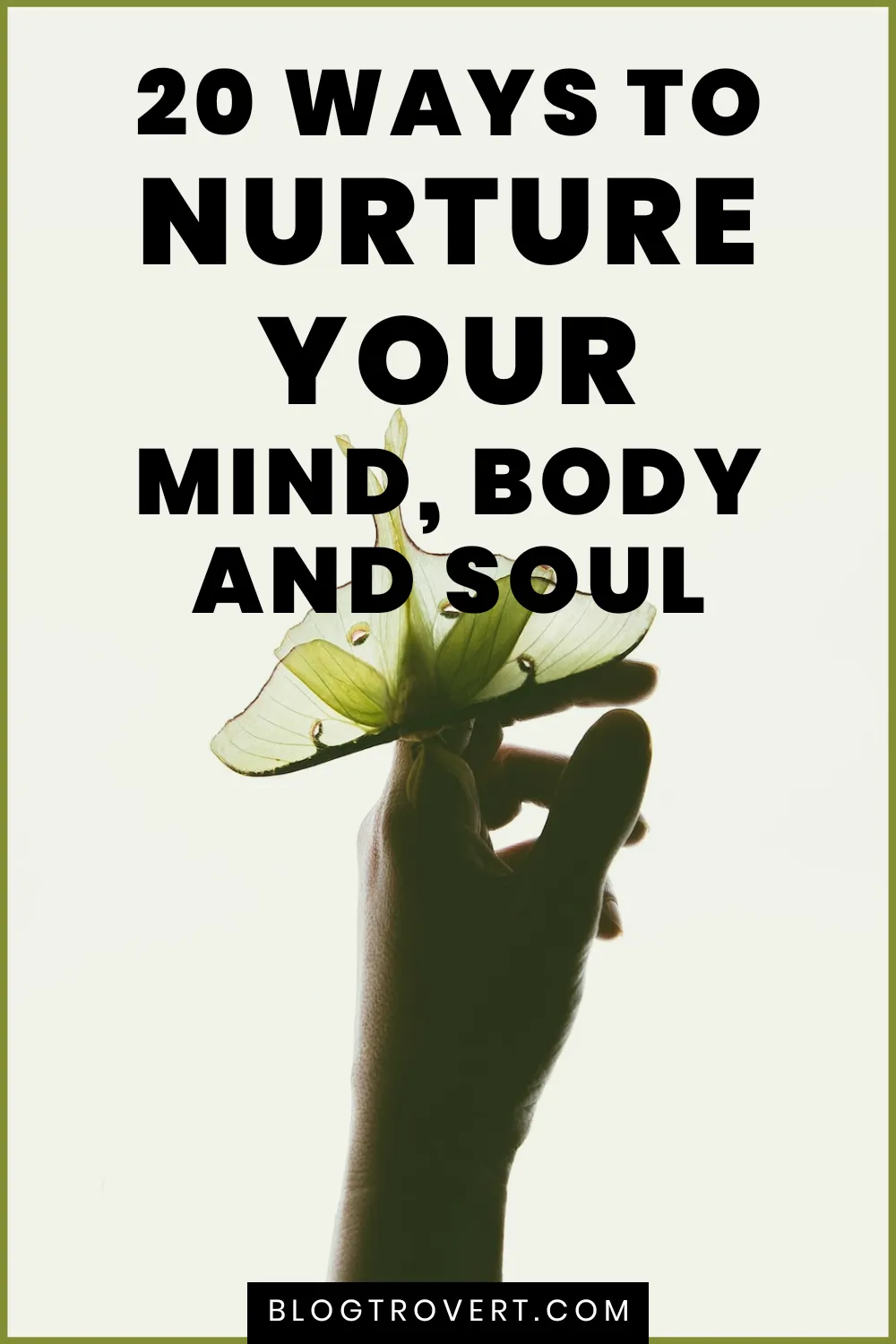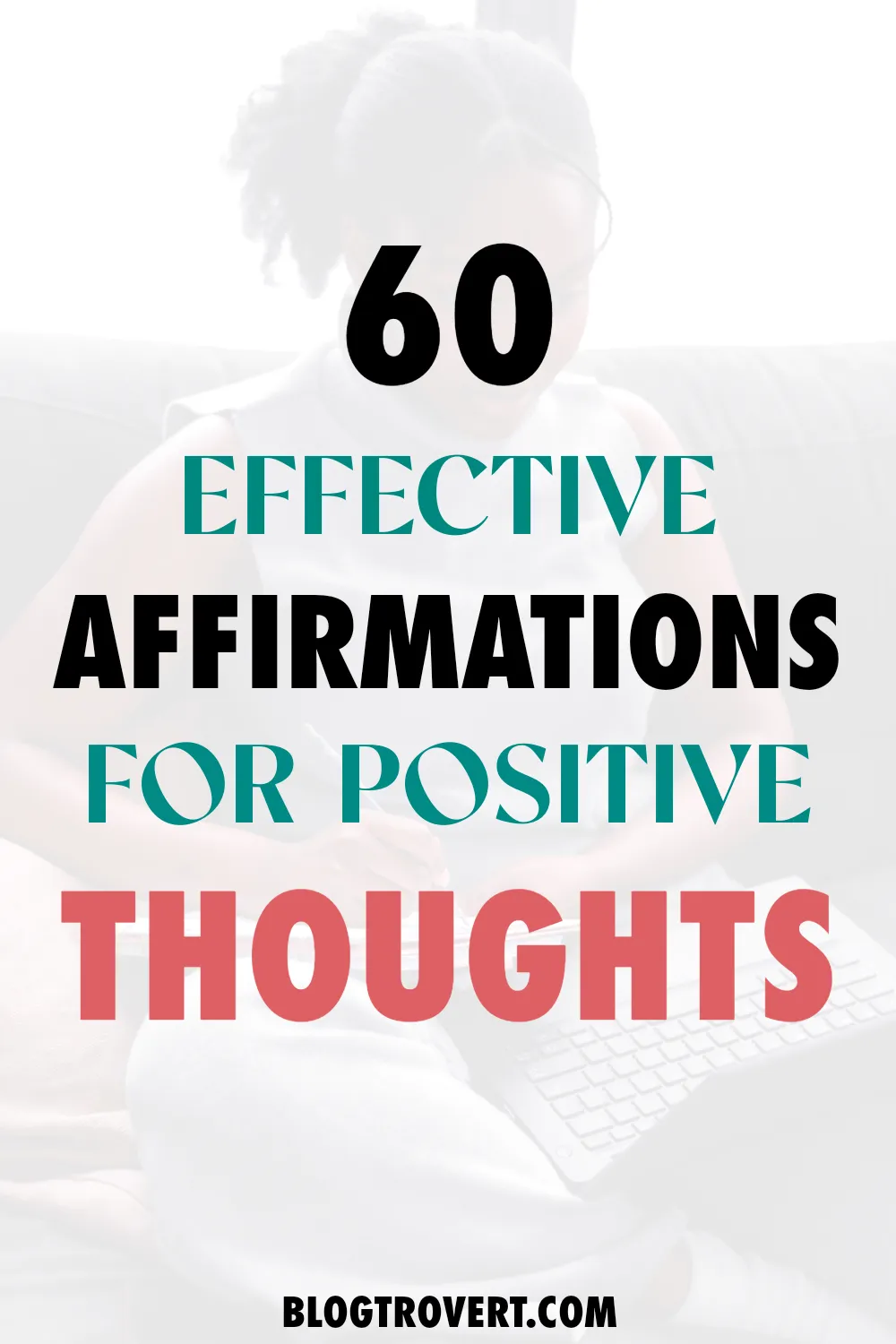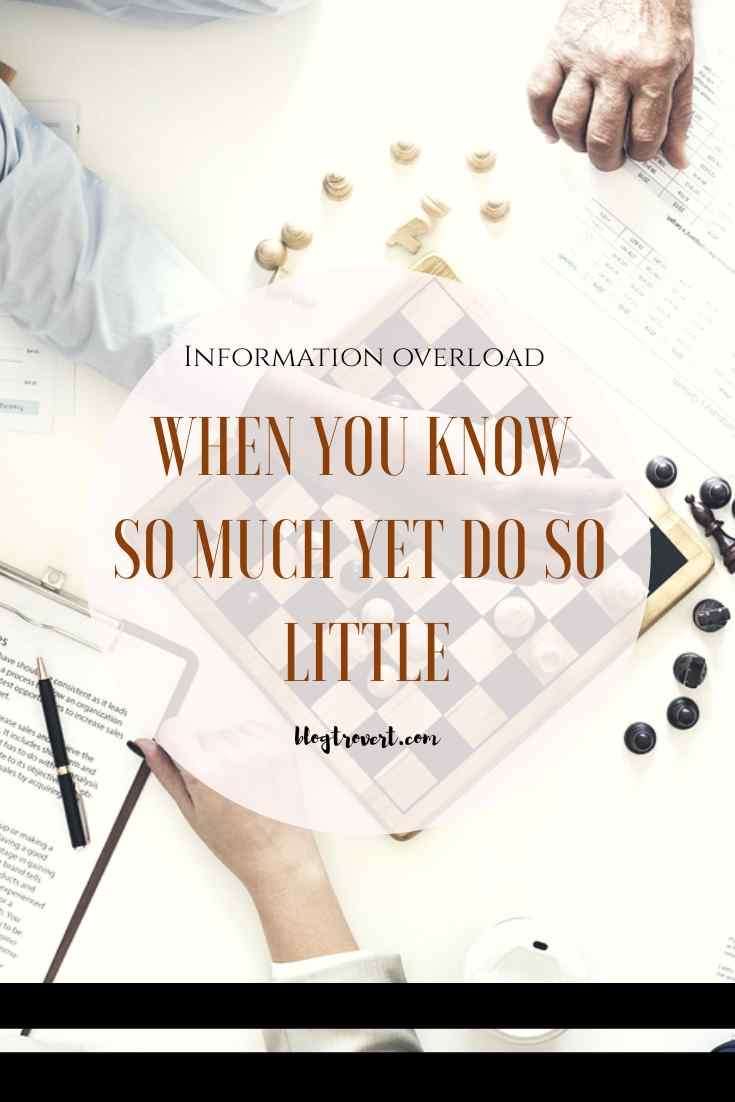How much gratitude is enough?
A question grateful people often face in their lives.
Expressing gratitude is a powerful tool that can uplift and empower both the giver and receiver. It is a sign of respect that we should not overlook. But sometimes, you may feel you are overdoing your thankfulness and wonder if gratitude is ever enough and can become a burden.

If you are bumping your heading trying to figure out this question, you found the perfect blog post!
In this post, we will explore the benefits of being thankful and discussing how much gratitude is enough. We will look at why being thankful is important, how it can improve your wellbeing and relationships, and how you can practice gratitude in your daily life.
What is gratitude?
Gratitude has been existing since the dawn of humanity. It connects to our ability to recognize and appreciate what we have, be it material or spiritual. It is one of the most positive emotions that also improves physical and mental health and happiness.
Gratitude can make us feel more linked to the people and things around us that bring us joy. When we are grateful for what we have, we are more likely to appreciate and enjoy it more.
It has so many physical, psychological, and social benefits. For example, feeling thankful can reduce stress, improve physical health, and enhance feelings of connectedness and belonging.
Why should we be thankful?
Expressing gratitude has many benefits. It can help us appreciate the present moment and all that we have, as well as nurture relationships with others. It can also help us focus on the positive aspects of our lives and improve our mood.
Gratitude promotes better physical and mental health, increased happiness and optimism, improved self-esteem, and a greater sense of connectedness with others.
The benefits of being thankful
In a world where people often take things for granted, gratitude is one of the most powerful tools for creating positive change. Here are a few benefits of being thankful:
Increases happiness
Studies have shown that people who practice gratitude are more likely to report feeling happier and more satisfied with their lives. This is because gratitude helps us focus on the positive aspects of our lives, rather than dwelling on the negative.
Improves relationships
When we express gratitude towards others, it can help strengthen our relationships. It can also help us appreciate and value the people in our lives, which can lead to more positive interactions and fewer conflicts.
Enhances emotional well-being
Gratitude can help reduce stress and anxiety, as it helps us focus on the present moment and appreciate the good things in our lives. It can also help promote feelings of joy and contentment.
Boosts mental strength
Gratitude can help increase resilience and mental strength, as it encourages us to focus on the positive aspects of our lives and not get bogged down by negative thoughts and emotions.
Improves physical health
Gratitude can improve sleep, health and lower blood pressure.. It’s believed that the positive emotions associated with gratitude can have a positive impact on our physical health.
Now that we have explored the benefits of being thankful, Let’s dig deeper into expressing gratitude.
Finding the Balance of Expressing Gratitude
While there are a lot of benefits of being thankful, finding the right balance when expressing gratitude can be a tricky task. On one hand, it can improve relationships and make us feel good, while on the other, it can appear disingenuous if overdone.
The key is to balance expressing your appreciation, so it does not appear too over-the-top.
How much gratitude is enough?
The question of “how much gratitude is enough” is common, and the answer can vary for each individual. Some people may find that expressing gratitude once a day is enough, while others may need to do it multiple times a day to feel the benefits.
For me, the answer is simple: as much as you can give! There is no limit to the amount of gratitude we can express each day. From giving a simple thank you to writing a heartfelt letter of appreciation, the act of being thankful is something that will benefit you for years to come.
One way to figure out how much gratitude is enough is to ask yourself, does this person or situation deserve my appreciation? If so, then express it sincerely and honestly, but avoid going overboard. Showing too much gratitude can make you seem desperate or insincere, so be sure to keep it appropriate for the situation.
Remember that expressing gratitude should not be a burden, but a joy, so ensure you are genuinely grateful and not trying to be a people pleaser.
When you express gratitude, try to do it in meaningful ways like writing thank-you notes, three or more things you are grateful for each day, or engaging in acts of kindness.
How can we practice gratitude?
Expressing gratitude in everyday life is all about taking the time to appreciate and acknowledge the good things in our lives. It can be as simple as saying “thank you” to someone who holds the door open for you, or sending a quick text to a friend to let them know you’re thinking of them.
Incorporating significant acts of gratitude into our daily routine can help us appreciate the good things in our lives and improve our overall well-being. Here are a few ways to practice gratitude:
Keep a gratitude journal
Write a few things you are grateful for each day. This can be anything from a beautiful sunset to a kind gesture from a friend. Reflecting on these things can help shift your perspective and focus on the positive aspects of your life.
Write a thank-you note
Take the time to express your appreciation to someone who has made a positive impact on your life. This can be a family member, friend, or even a coworker. A simple thank-you note can go a long way in building and maintaining relationships.
Practice mindfulness
Mindfulness is the practice of being present in the moment and paying attention to our thoughts and feelings. When we are mindful, we are more likely to notice and appreciate the good things in our lives.
Give back
Helping others is a great way to practice gratitude. It can be something as simple as volunteering at a local charity or bringing a meal to a neighbor in need. Giving back can also help us appreciate the blessings in our own lives.
Show gratitude to yourself
Practice self-gratitude and be thankful for yourself. Appreciate your own strengths, accomplishments, and achievements. This can help to shift your perspective and put things into perspective.
Remember that gratitude is a practice, not a destination. It takes time and effort to cultivate, but it’s worth it. Incorporating these simple practices into your daily routine can help you develop a more grateful mindset and improve your overall well-being.
Though it may be difficult to determine how much gratitude is enough, practicing gratitude can have a positive impact on our mental and physical health, relationships, and overall enjoyment of life.
Building connections through gratitude
Showing gratitude is one of the most important aspects of building strong and lasting relationships with the people around us. Gratitude promotes patience, understanding, and kindness – all essential components of healthy relationships.
It’s easy to get wrapped up in our own lives and forget to thank those who are there for us daily. When we take the time to show our appreciation, it helps to strengthen the bonds we share. It’s also a great way to show how much we value the people in our lives. Here are a few ways to use gratitude to build connections:
Express appreciation
Take the time to express your appreciation to the people in your life. This can be as simple as saying “thank you” for a kind gesture, or writing a heartfelt thank-you note. Expressing appreciation can help build stronger bonds and improve communication.
Show empathy
Showing empathy is a powerful way to build connections. When we take the time to understand and relate to others, it can help foster positive interactions and build trust.
Give back
Giving back is a great way to build connections. Whether it’s volunteering, making a donation, or simply helping a neighbor in need, giving back can help us appreciate the blessings in our own lives and bring us closer to others.
Share experiences
Shared experiences can be a powerful way to build connections. Whether it’s going for a hike, cooking a meal together, or simply enjoying a cup of coffee, shared experiences can help bring people together and create a sense of community.
Listen actively
Active listening is a powerful tool for building connections. When we take the time to truly listen to others, it can help us understand their perspective and build trust.
Note: Building connections through gratitude is not only about expressing it to other people, it’s also about showing gratitude towards ourselves. Appreciating yourself can help to increase self-esteem, self-worth, and self-confidence. This can help to improve the relationships we have with ourselves and the people around us.
Final Thoughts
Having a daily practice of gratitude can bring a lot of benefits to our lives. While there is no definite answer to the question, “how much gratitude is enough?” It is essential to find a balance that feels genuine and respectful to the people and situations in our lives.
Gratitude is not just about the big, flashy things. We often find it in the small moments and surprises that life throws our way. Practicing thankfulness in everyday life can go a long way in improving our overall well-being and outlook on life.




